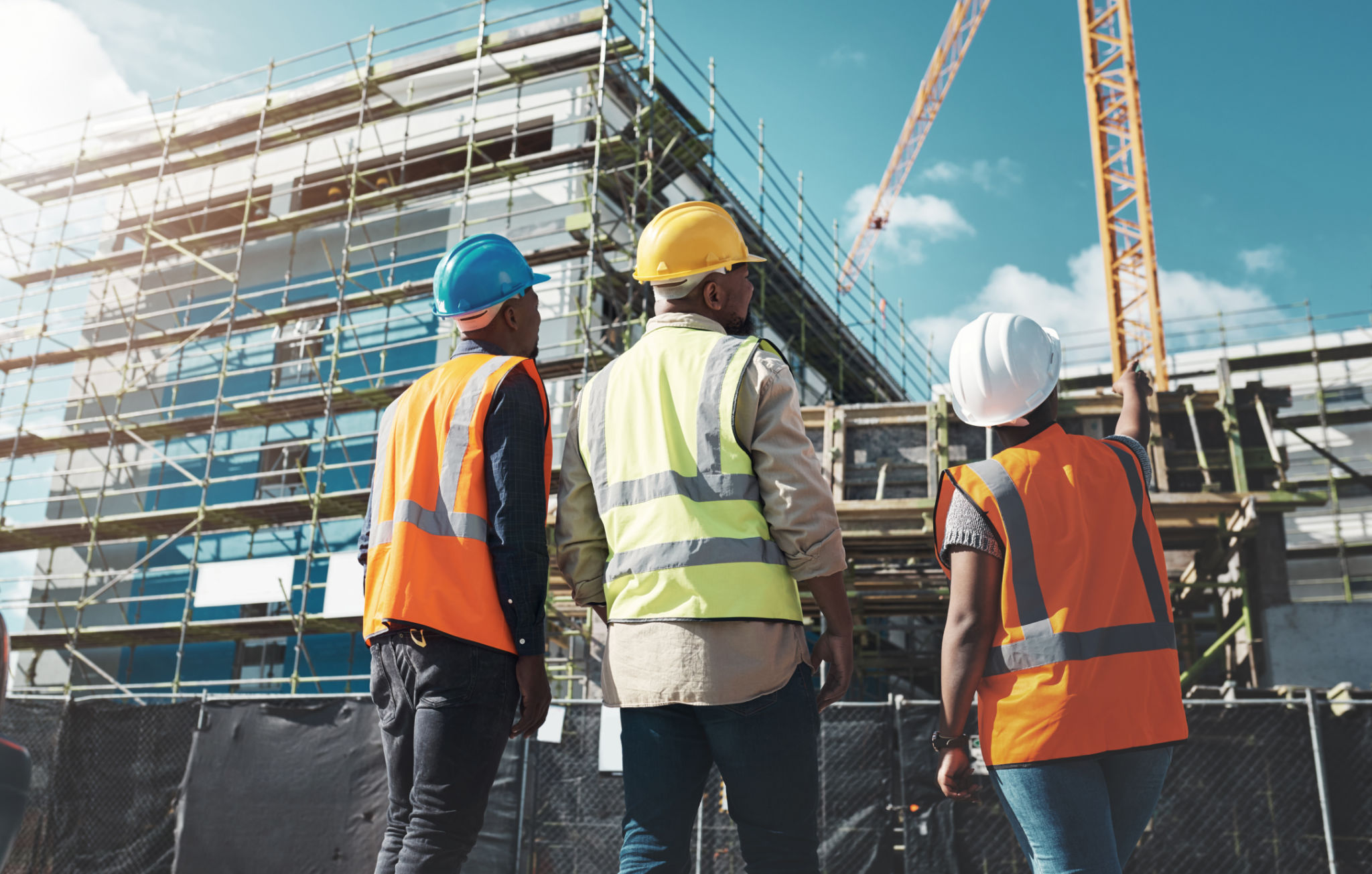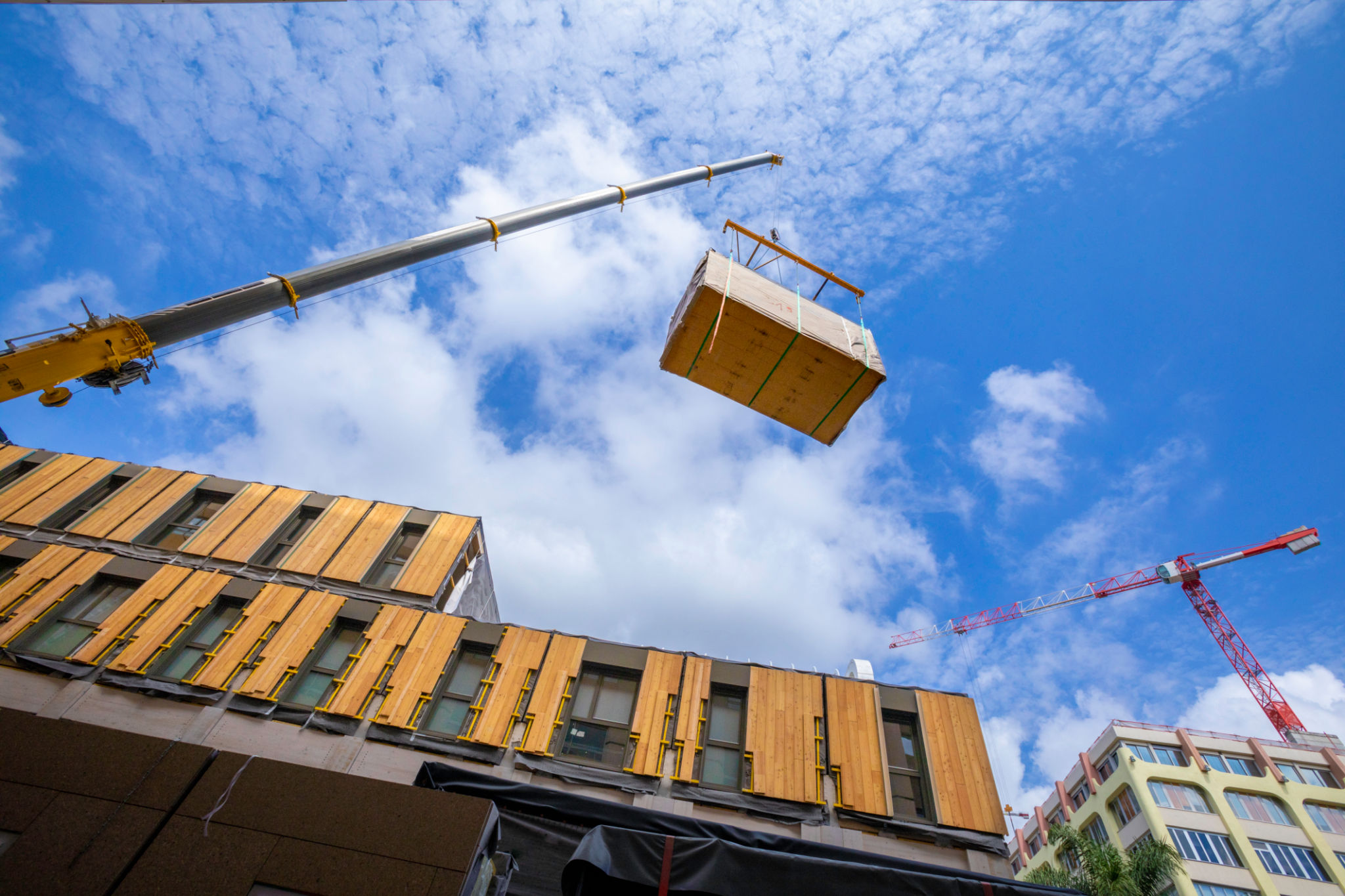Expert Tips for Successful Residential Construction Projects
Planning and Design
Embarking on a residential construction project requires meticulous planning and a well-thought-out design. This stage sets the foundation for the entire process, influencing everything from budgeting to the final look of your home. Engaging a skilled architect or designer can make a significant difference, ensuring that your vision is translated into practical and aesthetically pleasing plans. Moreover, consider future needs and lifestyle changes to ensure your design remains functional and relevant over time.
Another crucial element in the planning phase is understanding local zoning laws and regulations. Compliance with these laws can prevent costly delays and modifications later in the project. Consulting with professionals who are well-versed in local building codes can help you navigate these requirements effectively.

Budgeting Wisely
Creating a realistic budget is essential for the success of any construction project. Begin by obtaining multiple quotes from contractors to understand the market rates. This will not only help you in negotiating better terms but also in identifying potential financial pitfalls.
It’s important to set aside a contingency fund, typically around 10-15% of your total budget. This fund can cover unexpected expenses that may arise during the construction process, such as price fluctuations in materials or unforeseen structural challenges.

Selecting the Right Contractor
The success of your residential construction project heavily relies on choosing the right contractor. Look for contractors with proven experience in projects similar to yours, and don’t hesitate to ask for references or visit previous projects. A reliable contractor will be transparent about timelines, costs, and project risks.
Communication is key; ensure your contractor understands your expectations and is willing to maintain an open line of dialogue throughout the project. This proactive approach can help manage challenges effectively as they arise.

Materials and Sustainability
Choosing the right materials is crucial in ensuring both the durability and sustainability of your new home. Opt for high-quality materials that suit your budget and aesthetic preferences. Consider sustainable options, such as recycled or locally sourced materials, which can reduce environmental impact and possibly lower costs in the long run.
Energy efficiency should also be a priority. Incorporating elements like proper insulation, energy-efficient windows, and solar panels can significantly reduce energy costs and contribute to a more sustainable living environment.

Project Management and Timeline
Effective project management is essential to keep your construction on track. Establish clear timelines with your contractor, including milestones for each phase of the project. Regularly scheduled meetings can help monitor progress and address any issues promptly.
Be prepared for delays, which are common in construction projects due to weather conditions or supply chain disruptions. Flexibility and proactive communication with your contractor can help minimize the impact of these delays.

Final Inspections and Quality Checks
As your construction project nears completion, conducting thorough inspections is vital to ensure quality and compliance with building standards. Engage a professional inspector to provide an objective evaluation of the work done. This step helps identify any defects or areas requiring attention before finalizing payments to contractors.
Pay close attention to details like electrical systems, plumbing, and structural elements to ensure everything meets your expectations and safety standards.
Conclusion
In conclusion, successful residential construction projects are a result of careful planning, diligent management, and effective communication. By following these expert tips, you can navigate the complexities of construction with confidence, resulting in a home that is both beautiful and functional.
